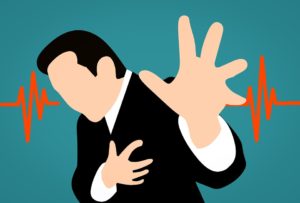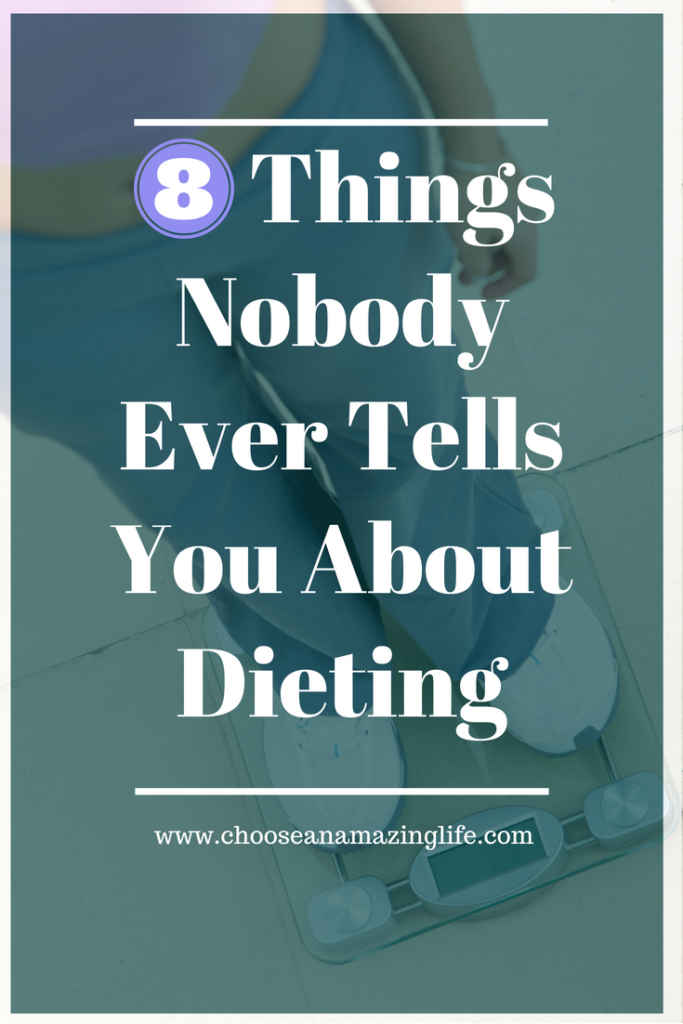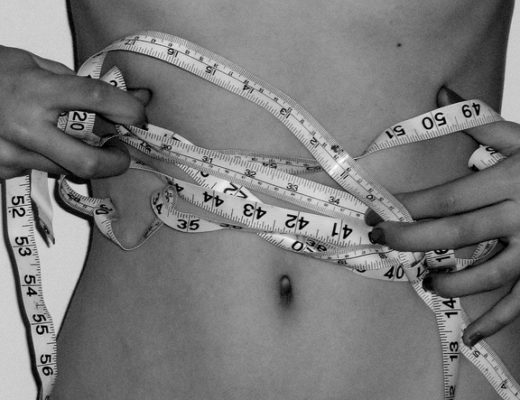It seems like it has almost become taboo to not have tried or be up on the latest diet plan. In a culture that worships thinness and body image there is tremendous potential peer pressure to “do whatever it takes” to look a certain way. Worse still, is that many individuals sense of self worth is conditioned on being a certain weight or size and looking a certain way. It is startling that up to 50 percent of women are on a diet at any given time, AND up to 90 percent of teenagers diet regularly, while up to 50 percent of younger kids have tried a diet at some point! While the mainstream media and heavily funded government sectors seem to focus on the benefits and praise the effectiveness of certain dieting styles, there are many basic physiological considerations (not to mention emotional, mental and psychological as well) with dieting that not enough people are talking about. Let’s evaluate some of the things these clever marketing manipulators don’t talk about.
-
The dieting lifestyle trains the body to retain more fat when the period of dieting is over.
Lower calorie diets have a tendency to significantly increase insulin’s role in storing up as much body fat as possible for the next potential period of “starvation” as perceived by your body when the diet is over. The body also pumps out higher levels of lipoprotein lipase with each successive diet. This is an enzyme with the express purpose of increasing fat storage. It is a matter of survival to your body, not a temporary “fad” in eating behavior.
-
People with a history of dieting develop resistance to and less of the fat burning hormone leptin than they would if they had never dieted.
Studies repeatedly attest to the diminished amount of circulating leptin as well as increased resistance to the effects of that circulating hormone. This mechanism explains why many chronic dieters tend to be heavier than those who have never dieted. There is often a raising of the metabolic set-point which means your body fights hard to hold onto the increased weight fearing a future famine. See post on metabolic set point.
-
Dieting leads to varied levels of decreased metabolism.
It is well documented, yet seldom discussed, how dieting triggers the body to become more efficient at utilizing existing calories by lowering the body’s need for energy. This can lead to overall sluggishness, fatigue and less ability to have consistent hard workouts among other things.

-
Dieting leads to increased binge behavior and intense cravings.
One of the things dieters may not realize is that under-eating sets you up for internal brain activity that produces an urge to eat way beyond the ability of food to satisfy your hunger. Neuropeptide Y (NPY) is a chemical produced by the brain that triggers our drive to eat carbohydrates. Carbohydrates are your body’s primary and preferred source of energy. Levels of NPY surge after periods of under-eating as your hypothalamus aggressively is sending signal after signal to feed it carbohydrate and fat rich foods to fuel it as it cannot tell when this famine of calories imposed upon it will end.
-
Much of the weight lost with traditional dieting is water weight or our own lean body mass.
Most diet plans, particularly those that promote fast weight loss, fail to mention that most of the weight lost is water weight and your own skeletal muscle tissue. Cutting your carbs way back, triggers the loss of glycogen and the water stored with it, and if extreme, can also be dehydrating. Muscle is the most metabolically expensive tissue so it is often the first alternative to available carbs to be broken down before fat tissue to provide energy. Thus the onset of the skinny fat look. Chronic dieting has been shown to cause increased fat deposition in the abdominal area—the spot most people want to lose it the most. There is a major difference between weight loss and fat loss. You should question whether the scale is really the best indicator of your progress or not.

-
Increased Risk of Premature Death and Heart Disease.
A famous thirty two year study of more than three thousand men and women in the Framingham Heart Study has shown that regardless of initial weight, people whose weight repeatedly goes up and down (weight cycling or yo-yo dieting) have a higher overall death rate and twice the normal risk of dying of heart disease. These results were true regardless if person was thin or obese. (http://www.nejm.org/doi/full/10.1056/NEJM199106273242602)
-
Dieting leads to an Unhealthy, often pathologic relationship with food.
Dieting tends to be a precursor to multiple eating disorders and causes you to rely on external cues rather than rely on internal built-in hunger and satiety signals. Food then often becomes the enemy or “forbidden” as if it was somehow out to hurt us. Nothing could be further from the truth. There are no “good” foods or “bad” foods—only food. Our body sees food only as its source of energy and the preservation of life. The act of dieting heightens the novelty and desirability for so called “forbidden” foods and teaches us we can’t be trusted to know what to eat, when to eat it and how much of it to eat.
-
Dieting gradually erodes confidence and self-trust.
Psychologists have found that independent of body weight, dieting is correlated with feelings of failure, lowered self-esteem, and social anxiety. Many overweight or obese individuals assume they possess some fundamental character deficit or flaw or they wouldn’t carry the extra weight. Depression, binge eating and a host of other psychological and behavioral symptoms are the result of dieting.

As long as there is money to be made there will always be a new gimmick or diet or “quick weight loss” fix. Despite the fact that there is not any evidence showing dieting conclusively leads to permanent, long term weight loss, we will always be vulnerable to the false hope these marketing schemes sell, as we jump from quick fix to quick fix, all the while doing so much more physiologic and psychological harm than we can imagine. Our body has a built in competent internal system that can and will guide us in choosing the types and quantities of food that will best nourish us. We no longer need the food police to monitor our every trip to the kitchen or store.
Try out our related posts:
What is the Best Diet for Permanent Weight Loss?
The 4 Most Important Nutritional Principles Diets Don’t Teach You









Keerthana
May 5, 2018 at 6:00 amGreat post!
Very informative ?
nnclark11
May 14, 2018 at 5:55 pmThank you so much! Sorry for the delayed response- we are just starting this blog 🙂 We appreciate you reading and commenting!
Cyprus Elpida
January 10, 2020 at 5:39 pmWe love your content. Regards from Pissouri Bay Divers from Cyprus.
nnclark11
January 25, 2020 at 7:14 amThank you- which article speaks to you the most?